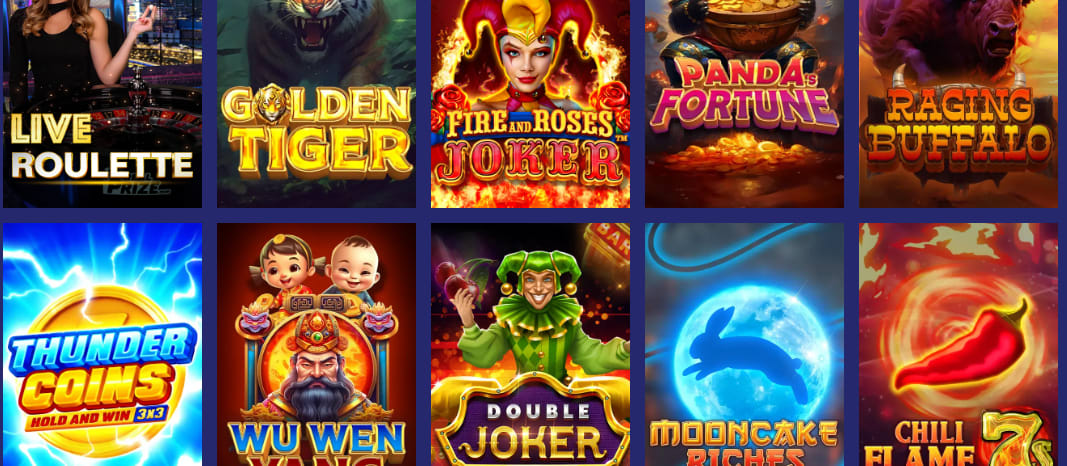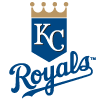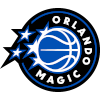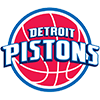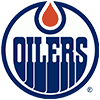Online casino gaming in the United States has surged in popularity over the past few years. As more states expand their regulated markets, players now have access to a variety of platforms offering slots, table games, and live dealer experiences.
Yet with this rapid growth also comes risk. Not every online casino operates under the same strict standards of security and fairness, and distinguishing legitimate, licensed operators from unregulated offshore sites has never been more critical.
The Safest Casino Brands for U.S. Players (2025)
Below are regulated and reputable brands operating legally in multiple states:
| Casino | Licensed States | Payment Options | Audit Badge | Avg. Payout Speed |
| BetMGM | NJ, MI, PA, WV, CT | PayPal, ACH, Visa | eCOGRA | 24–48 hours |
| FanDuel Casino | NJ, MI, PA, WV, CT | Bank transfer, PayPal | GLI | 24 hours |
| DraftKings Casino | NJ, MI, PA, WV, CT | Credit cards, Play+ | iTech Labs | 48–72 hours |
| Caesars Palace Online | NJ, MI, PA, WV | ACH, PayPal, Visa | GLI | 24 hours |
Each of these operators is backed by publicly traded parent companies and regulated across several states, offering third-party audits, responsible gambling tools, and fast, transparent payouts.
Common traits among these trusted casinos include:
- Publicly listed ownership and transparent reporting
- Verified RNG auditing partners
- Clear, reasonable bonus terms
- Responsive, U.S.-based customer support
Why Safety Matters in Online Gaming
When you play at a safe online casino, your funds are stored in segregated accounts, your data is encrypted, and every roll or spin is random and verified. Licensed operators are accountable to state regulators, while unlicensed sites answer to no one — making it easier for them to manipulate games, delay withdrawals, or disappear entirely.
Common warning signs of unsafe casinos include missing encryption (no browser padlock), unverifiable licenses, impossible bonus terms, and withdrawal delays that stretch for weeks. By contrast, regulated platforms proudly display their state gaming license, offer transparent rules, and resolve player issues quickly through verified channels.
Licensing and Regulation
The foundation of any legitimate online casino is its license. In the U.S., licensing authority rests with individual state regulators such as:
- New Jersey Division of Gaming Enforcement (DGE)
- Michigan Gaming Control Board (MGCB)
- Pennsylvania Gaming Control Board (PGCB)
- West Virginia Lottery Commission
- Connecticut Department of Consumer Protection
These agencies enforce compliance with strict state laws surrounding game fairness, payout transparency, cybersecurity, and responsible gambling. Licensed operators must maintain segregated player funds — meaning your deposits are never mixed with operating capital — and undergo regular audits to confirm fair and safe operations.
Your license verification process should always include checking the regulator's website and matching the operator's legal name with the public database entry. If you can't find the casino listed, don't deposit.
Game Fairness and Independent Auditing
Fair gaming begins with reliable Random Number Generator (RNG) systems, the technology that ensures all slot spins and card deals are genuinely random. Safe casinos validate their RNG software through independent labs such as:
- eCOGRA
- iTech Labs
- Gaming Laboratories International (GLI)
These third-party audits confirm that outcomes aren't manipulated and that Return to Player (RTP) percentages match advertised values. Transparent operators publish these details and make individual game RTPs easily accessible within the interface. A missing or inflated RTP claim is often a red flag that a site doesn't meet regulatory transparency standards.
Data Security and Encryption
Modern online casinos rely on advanced encryption to keep player information secure. The safest casinos employ at least 256-bit SSL encryption — visible as a padlock in your browser's address bar — and often add two-factor authentication (2FA) to strengthen account protection.
Top operators also use tokenized payment technologies and work with cybersecurity firms to monitor systems in real time. Before signing up, check the casino's privacy policy and confirm it aligns with major data protection rules such as the GDPR or U.S. consumer privacy laws.
Data protection is not just technical — it's ethical. Operators that invest in secure design show they take player trust seriously.
Payment Methods and Payout Speed
A casino's payment system reveals more about its integrity than any marketing promise. Reputable operators integrate directly with U.S. financial networks and avoid unverified third-party payment routes. Safe deposit and withdrawal options include:
Withdrawal times offer another measure of trustworthiness. Regulated casinos typically process payouts within 24–72 hours. Offshore or unlicensed sites often delay payments for weeks, citing vague verification hurdles. Always ensure that transaction records list the verified legal name of the licensed operator — not a random international entity.
Cryptocurrency-only casinos frequently omit these verifiable safeguards, so proceed cautiously unless the platform carries a recognized state license.
Responsible Gambling Tools
Safety extends beyond encryption and auditing — it includes fostering player well-being. The best online casinos integrate responsible gambling tools directly into your dashboard, allowing you to control deposit amounts, gaming time, and session length.
Effective tools include:
- Deposit, loss, and session limits
- Self-exclusion programs
- "Reality check" time reminders
- Cool-off or timeout periods
In several U.S. states, licensed operators also link with state-level self-exclusion databases, ensuring that when a player opts out of one casino, they're automatically restricted across all platforms under that regulatory umbrella. Casinos that conceal or minimize these tools are signaling a disregard for player protection.
Transparency, Reputation, and Player Support
A legitimate casino communicates clearly. It lists its operator details, license number, physical address, and contact information upfront. Reliable support channels include live chat, phone, and email — staffed by real agents, not chatbots.
Before depositing, take time to test customer support with a simple inquiry about casino bonus terms or withdrawal limits. Response times and professionalism can reveal whether the company genuinely values its players. Cross-reference online reviews, Reddit discussions, and regulator complaint logs to spot patterns of poor service or payment issues.
How to Evaluate a Casino Before Depositing
Use this quick checklist every time you register:
- Confirm the license on your state regulator's website
- Look for HTTPS and an SSL certificate
- Verify independent game audits (eCOGRA, iTech Labs, or GLI badges)
- Review withdrawal times and payment processors
- Test customer support responsiveness
- Read all bonus terms carefully before accepting any promotion
Red flags include missing licensing details, cryptocurrency-only payments, unrealistic bonuses, and operators with no physical address or customer service availability.
Final Thoughts and Smart Signup Advice
With more online casinos entering the U.S. market each year, staying safe means staying informed. Regulations evolve quickly, so make it a habit to revisit your casino's license status, payout policies, and responsible gaming tools regularly.
Safety should always come before game variety or bonus size. Focus on verifying licensing, encryption, RNG auditing, and community reputation before depositing a dollar.
Ultimately, a secure casino experience delivers peace of mind: knowing that your data, funds, and time are respected within a transparent, regulated framework. Play smart, play legal, and let safety guide every spin.


